VU MIF Graduates Receive Diplomas: “It Is Important to Remain Leaders of True Intelligence”
Graduates of the Faculty of Mathematics and Informatics at Vilnius University (VU MIF) received their diplomas during the winter graduation ceremony held in St. John's Church on February 3.








